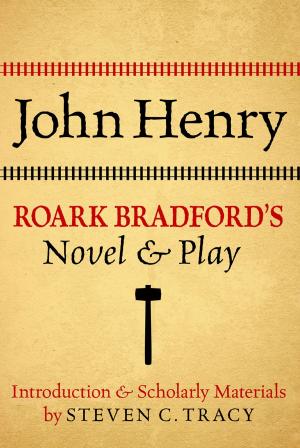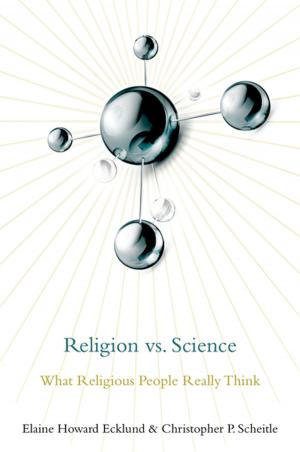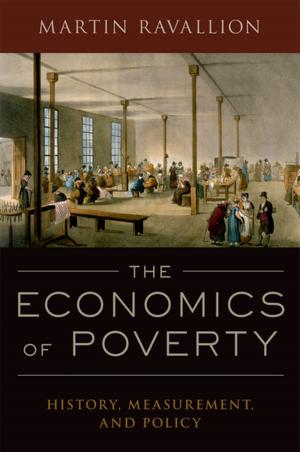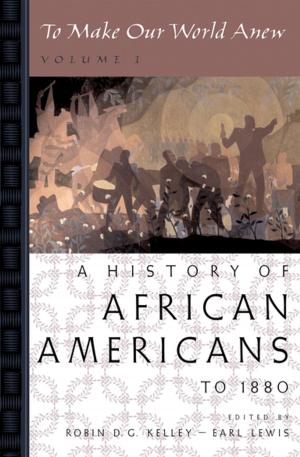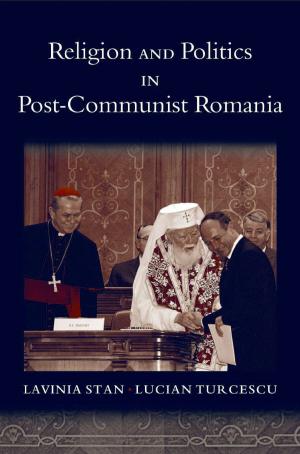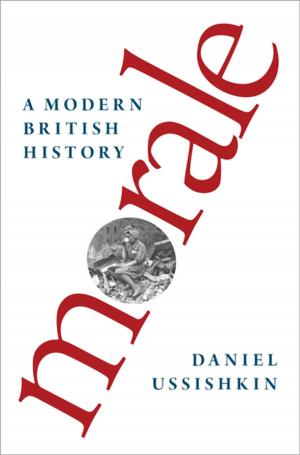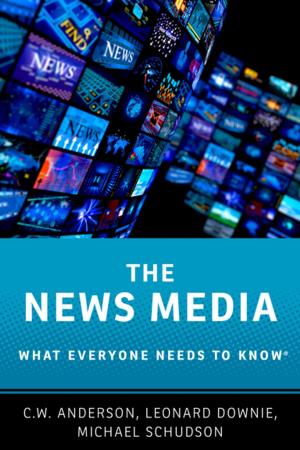Nationalism and Irony
Burke, Scott, Carlyle
Fiction & Literature, Literary Theory & Criticism, British| Author: | Yoon Sun Lee | ISBN: | 9780190289973 |
| Publisher: | Oxford University Press | Publication: | August 26, 2004 |
| Imprint: | Oxford University Press | Language: | English |
| Author: | Yoon Sun Lee |
| ISBN: | 9780190289973 |
| Publisher: | Oxford University Press |
| Publication: | August 26, 2004 |
| Imprint: | Oxford University Press |
| Language: | English |
Nationalism and irony are two of the most significant developments of the Romantic period, yet they have not been linked in depth before now. This study shows how Romantic nationalism in Britain explored irony's potential as a powerful source of civic cohesion. The period's leading conservative voices, self-consciously non-English figures such as Edmund Burke, Walter Scott, and Thomas Carlyle, accentuated rather than disguised the anomalous character of Britain's identity, structure, and history. Their irony publicly fractured while upholding sentimental fictions of national wholeness. Britain's politics of deference, its reverence for tradition, and its celebration of productivity all became not only targets of irony but occasions for its development as a patriotic institution. This study offers a different view of both Romantic irony and Romantic nationalism: irony is examined as an outgrowth of commercial society and as a force that holds together center and periphery, superiors and subordinates, in the culture of nationalism.
Nationalism and irony are two of the most significant developments of the Romantic period, yet they have not been linked in depth before now. This study shows how Romantic nationalism in Britain explored irony's potential as a powerful source of civic cohesion. The period's leading conservative voices, self-consciously non-English figures such as Edmund Burke, Walter Scott, and Thomas Carlyle, accentuated rather than disguised the anomalous character of Britain's identity, structure, and history. Their irony publicly fractured while upholding sentimental fictions of national wholeness. Britain's politics of deference, its reverence for tradition, and its celebration of productivity all became not only targets of irony but occasions for its development as a patriotic institution. This study offers a different view of both Romantic irony and Romantic nationalism: irony is examined as an outgrowth of commercial society and as a force that holds together center and periphery, superiors and subordinates, in the culture of nationalism.



